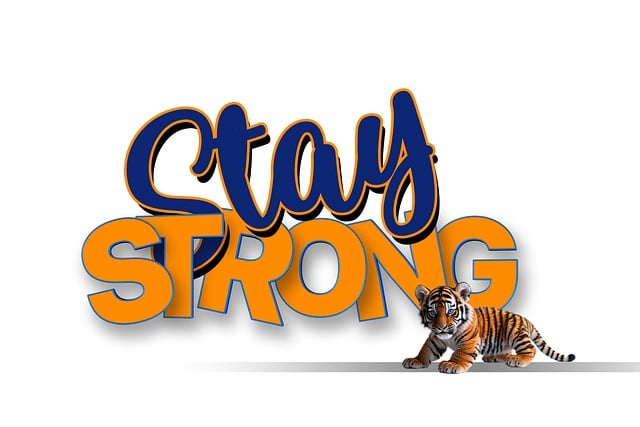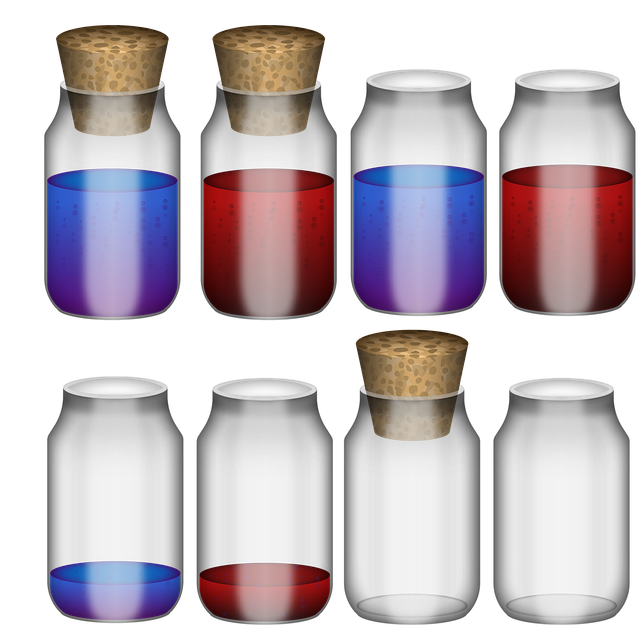Overcoming opioid addiction requires a holistic approach focusing on physical and mental wellness. Motivational interviewing (MI) techniques unlock intrinsic motivation by encouraging clients to reflect on their personal goals and values for recovery, aligning with their deep-seated desires. Integrating evidence-based practices like yoga, meditation, nutrition, and sleep habits provides a comprehensive strategy. This multifaceted approach equips individuals with tools and routines for long-term recovery, effectively navigating the path to overcome opioid addiction.
Motivational interviewing (MI) is a powerful approach that equips professionals with the tools to guide clients towards positive change. This article explores how MI can be a game-changer in helping individuals, particularly those struggling with opioid addiction, navigate their path to recovery. By uncovering intrinsic motivations and enhancing self-efficacy, MI techniques foster lasting behavioral shifts. We delve into the process of supporting clients in overcoming opioid addiction, offering strategies for a comprehensive and effective recovery journey.
- Understanding Motivational Interviewing and Its Impact on Change
- Uncovering Intrinsic Motivations to Overcome Opioid Addiction
- Strategies for Supporting Clients in Sustaining Long-Term Recovery
Understanding Motivational Interviewing and Its Impact on Change

Motivational interviewing (MI) is a powerful approach that helps individuals explore their internal motivations and make meaningful changes in their lives. By focusing on enhancing motivation rather than providing advice, MI enables clients to find their own reasons for embracing positive transformations. This technique has shown remarkable effectiveness in various areas, including mental health support and managing complex behaviors like opioid addiction.
When applied to those struggling with opioid addiction, MI plays a crucial role in guiding individuals through a process of self-reflection. It encourages them to articulate their personal goals and desires, often uncovering deep-seated motivations that go beyond external pressures. This understanding fosters a sense of autonomy and commitment to staying sober, as clients learn to tap into their intrinsic drive for change. Moreover, MI can be integrated with other evidence-based practices like yoga and meditation classes for stress reduction, offering a holistic approach to healing—addressing both the physical and mental dimensions of recovery, including co-occurring disorder treatment options.
Uncovering Intrinsic Motivations to Overcome Opioid Addiction

Uncovering the intrinsic motivations behind opioid addiction is a powerful tool in supporting individuals on their journey to recovery. Motivational interviewing (MI) techniques play a pivotal role here, enabling clients to explore their personal ‘why’—a key driver for lasting change. By focusing on an individual’s unique aspirations and values, MI helps them recognize that overcoming addiction aligns with their deep-seated desires.
This process involves fostering open dialogue and encouraging clients to articulate their goals, fears, and hopes related to recovery. For instance, many individuals struggling with opioid addiction might seek a life free from physical dependence, improved mental clarity, or the ability to engage in activities they once enjoyed. Integrating holistic wellness programs that include yoga, meditation, and nutrition can further enhance this journey. These practices not only support physical healing but also promote mental health help and trauma-informed care, addressing the multifaceted nature of addiction recovery.
Strategies for Supporting Clients in Sustaining Long-Term Recovery

Overcoming opioid addiction requires a multifaceted approach to support clients in sustaining long-term recovery. Motivational interviewing techniques are instrumental in helping individuals explore and harness their intrinsic motivations for change. By encouraging clients to articulate their personal goals and values, healthcare providers can facilitate a deeper understanding of the reasons behind their desire to recover. This introspective process empowers them to make meaningful choices that align with their authentic selves.
Integrating holistic wellness programs offers a comprehensive strategy. These programs go beyond traditional treatment by incorporating practices such as yoga, meditation, and nutrition for deep healing. Healthy sleep habits coaching is another essential component, ensuring individuals develop routines that promote restorative rest. Prioritizing nutrition, exercise, and stress management within these programs fosters overall well-being, equipping clients with the tools to maintain their recovery journey in the long term.
Motivational interviewing (MI) has proven to be a powerful tool in helping individuals, especially those struggling with opioid addiction, achieve lasting change. By focusing on enhancing intrinsic motivation, MI enables clients to navigate their personal journeys towards recovery. Through understanding and uncovering their unique drivers, individuals can overcome addiction and sustain long-term recovery. Combining these techniques with tailored support strategies ensures a more effective approach to helping folks learn how to overcome opioid addiction.






